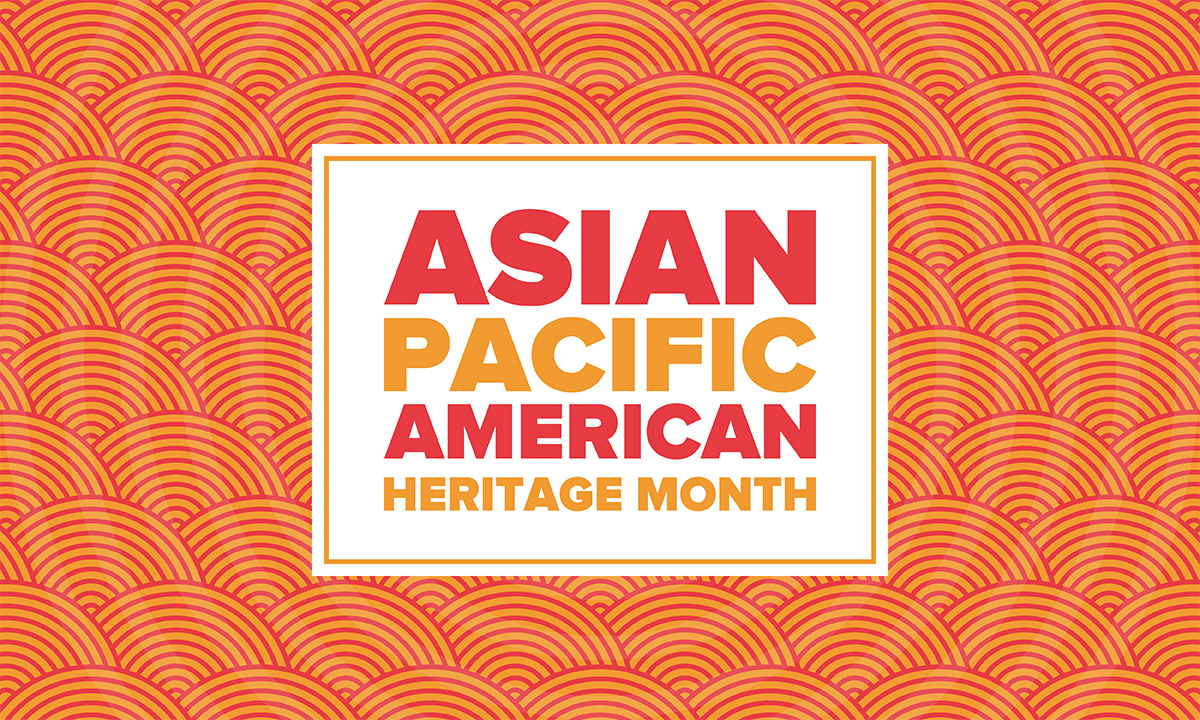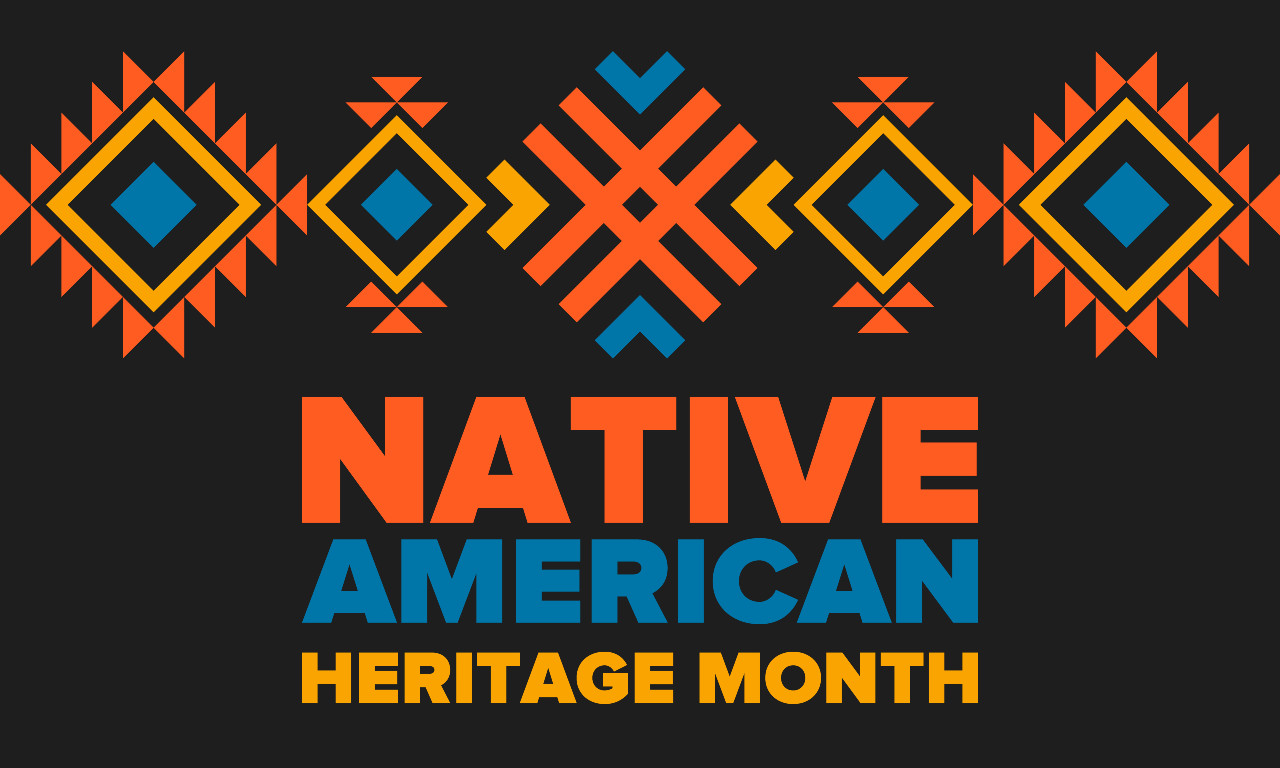Those who identify as Asian American and Pacific Islander (AAPI) make up less than 2 percent of education leaders, research has found, and often experience bias and lack of cultural understanding and language identity.
Launched in 2022–23 to give Bay Area educators professional development opportunities in a space that fosters inclusion and belonging, the Asian American Pacific Islander Leaders Network at Berkeley School of Education offers a supportive environment for those in the field while also addressing pandemic-related challenges and a national surge in anti-Asian hate.
Through community-building, the network aims to offer mentorship and boost retention. Mai Xi Lee, one of the network’s facilitators and director of Social Emotional Learning at Sacramento County Office of Education; Rebecca Cheung, assistant dean of the Berkeley School of Education’s Leadership Development programs; and Quarry Pak, a Berkeley School of Education Leadership Programs coach, explained the approach:
“This sense of belonging can improve retention by combating feelings of isolation and burnout often experienced by AAPI educators who often work alone as the ‘only one’ or ‘one of the few’ educators in their organizations. Being in affinity supports AAPI educators in not feeling so alone as an absolute numerical minority, which may support their retention,” they said. “Furthermore, connecting with other leaders may also bolster mentoring and support for AAPI educators exploring leadership opportunities.”
They went on to explain that the AAPI umbrella encompasses a large and diverse population and so learning within the AAPI community is also important.
About the network
“There are pervasive stereotypes about the AAPI community in the U.S., including the model minority myth and being a forever foreigner. These stereotypes then pervade the experiences of AAPI leaders. For example, many AAPI leaders have described a ‘bamboo ceiling’ that values AAPIs as hard workers who lack ‘leadership potential,’” Lee, Cheung and Pak explained. “To accomplish the goals of this affinity group, members co-create a confidential, non-supervisory space where reflective storytelling, processing of complex challenges we experience in the field, and sharing and mentoring each other serve to uplift, empower and amplify our community as AAPI leaders.”
The AAPI Leaders Network, part of the 21CSLA Bay Area Regional Academy, currently has 30 registered members representing 22 school districts located in the counties of Alameda, Contra Costa, San Francisco and San Mateo. Participants identify as Chinese, Filipino, Hmong, Japanese, Khmer, Korean, Indian and Vietnamese American.
“Central to the network’s ethos is dismantling the model minority myth and establishing a community centered on healing, reflection and mentorship,” said Lee, Cheung and Pak. “AAPI education leaders are able to show up authentically without hierarchical constraints to explore their multifaceted identities and experiences. This community of care not only empowers individuals but also empowers and amplifies the collective AAPI educational leadership community.”
Members of the network formally meet virtually every month for two hours. The gatherings typically revolve around a designated topic or guest speaker but also include a welcome ritual, community-building activity and time to reflect on the group’s purpose and goals.
Work-life balance and mental health are two focus areas.
“Rates of retention among leaders are decreasing in California and the nation. The AAPI Leaders Network prioritized work-life balance and mental health as focus areas in response to our leaders’ expressed needs. We heard from our participants that these themes were important, especially given recent events such as the rise of anti-AAPI hate and mass shootings in Half Moon Bay, Monterey Park and Atlanta, to name a few,” Lee, Cheung and Pak said. “Race-based trauma, in particular, can impact the psychological and physical health of people of color. For AAPI leaders and educators, the impact of the pandemic, along with rising anti-Asian violence, has taken a toll on their psychological well-being in addition to the typical stress of the position.
“The network is committed to fostering a supportive and sustainable environment for all AAPI educators by prioritizing work-life balance and mental health,” they continued. “This approach aims to empower educators to thrive both personally and professionally, which ultimately benefits the collective educational community as a whole.”
Strategies that support improving professional practice and career advancement for AAPI educators that have been identified by the network thus far include mentorship opportunities, targeted recruitment that prioritizes representation and diversity and allowing AAPI educators to see themselves in leadership roles and participation in racial affinity spaces that offer support and connection.
Individuals serving as principals and in other campus leadership positions, teachers, content specialists, librarians and social workers are among those encouraged to join the network.
More information about the AAPI Leaders Network and registration details can be found here.
Lee, Cheung and Pak noted that there is mounting interest in expanding support to AAPI leaders in regions beyond the Bay Area. At a statewide level, the California Association of Asian and Pasifika Leaders in Education serves AAPI educators, they said.
Looking ahead, the network hopes to produce resources in partnership with UC Berkeley researchers to inform the field.





